Good policy...
One of the incentives for innovative start-up enterprises is corporate income tax incentives. Regarding this policy, Mr. Hoang Van Nam - Director of GLOBALCOM Logistics Company Limited (GCL LOGISTICS) said that the Government's corporate income tax incentives will help enterprises reduce financial pressure in the context of a difficult world economy (high inflation, reduced consumer demand, overproduction, large inventories...).
“In addition, the Government's incentives for land rent (exemption/reduction of land rent for 5-10 years for enterprises investing in high technology) and financial/credit policy support (1-2% interest rate support for loans to invest in green technology) will help us remove the "bottleneck" of capital and quench our "thirst" for capital. Because our goal is to build a green logistics center. To be ranked as a green logistics enterprise, we must invest systematically and sustainably such as: Investing in green technology, digitizing smart logistics... To do this, the demand for capital is very large, so when receiving this support from the Government, we are more confident to invest in expansion and more confident when the Government accompanies us in taking risks to promote banks to disburse capital" - Mr. Hoang Van Nam said.
According to Mr. Nam, in the past, when there was no Resolution 68-NQ/TW, small and medium enterprises had difficulty accessing capital sources, support packages from the Government often only reached state-owned enterprises, large enterprises, corporations, or accessing land to build warehouses was extremely difficult when land was not prioritized or land rental fees were high, leading to not having enough capacity to boldly invest... Along with difficulties in capital and land fund, high tax rates..., with limited resources in both business management capacity and strategic orientation, businesses were always in a state of worrying about "making a living", finding it difficult to break through to a higher position, but now, with the deep attention of the Politburo and the Government, businesses will be more confident and bold, dare to think, do more to gradually bring their businesses forward strongly...
Witnessing the practical difficulties of enterprises, Lawyer Ha Dang Luyen (Ho Chi Minh City Bar Association) shared: Before the new policies, many small and medium enterprises, especially startups, did not have enough financial resources to pay for land rental costs or taxes, making it impossible for them to expand their scale or implement new ideas in business. In particular, technology and startup enterprises have different characteristics from traditional enterprises, such as needing a long time to recover capital, high risks... but there were no specific and different policies to support them appropriately, leading to difficulty in survival.
In fact, they often face barriers in accessing loans, support from the State or development funds due to the lack of clear priority mechanisms, the lack of breakthrough mechanisms and the easy possibility of being forced to dissolve or bankrupt enterprises... That is why the new policy brings a breath of fresh air to enterprises that are currently struggling to escape financial burdens. Tax and land rent incentives help enterprises save costs, have more resources to invest in research, product development and market expansion.
Is it accessible?
Although the State strongly supports and the Resolution is good, in order to absorb the "institutional nutrition", businessman Hoang Van Nam said, GCL LOGISTICS must change both awareness and action - from the inside out, from vision to operation. First, the enterprise needs to change its core thinking: From "passive enjoyment" to "actively asking - actively creating conditions to enjoy".
In reality, private enterprises - especially logistics enterprises - are often weak in policy, do not have people in charge of public relations, or do not understand the process of submitting applications for incentives. Therefore, according to Mr. Nam, enterprises need to reposition themselves - have clear legal documents to be "seen". Accordingly, his enterprise had to change its working model from traditional to digital and circular to serve FDI factories, small and medium enterprises and serve smart export chains; Join logistics associations; Association of innovative enterprises... Along with that, enterprises must invest systematically to "absorb" preferential capital and policy credits such as: Building logistics management software (TMS, WMS); Green operation project (optimizing routes, measuring CO2); Logistics operation center serving e-commerce and FDI enterprises...
 |
Ms. Cao Thi Van Diem - Vice President of Vietnam Medical Equipment Association, General Director of Biomaterial Medical Equipment Joint Stock Company. |
As a company specializing in the production of high-tech medical equipment (TBYT) and implants, belonging to the highest risk group (artificial lenses) and biological sutures used in surgery for patients, Ms. Cao Thi Van Diem - Vice President of the Vietnam Medical Equipment Association, General Director of Biomaterial Medical Equipment Joint Stock Company said: The policy of the Resolution is very correct, encouraging and promoting domestic enterprises to invest in new and innovative fields, as well as further promoting domestic scientific research.
“However, there are still many shortcomings in implementing these policies. Specifically, to enjoy corporate income tax (CIT) incentives, the policy stipulates that enterprises are exempted from tax for 5 years (ie, they will be exempted for 5 years and reduced for 9 years for science and technology enterprises, or enterprises operating in the high-tech field), but the document does not say when they will start enjoying them. In principle, it is considered effective from the time the enterprise is established, but when an enterprise is established, it must go through many procedures: building a factory, completing product circulation procedures... and many other procedures. By the time the products are produced and have revenue, the incentive period is almost over. Thus, in principle, they are entitled to benefits but they do not receive anything” - Ms. Van Diem reflected.
Mr. Hoang Van Nam - Director of GLOBALCOM Logistics Company Limited (GCL LOGISTICS):
“There will be a lot of work to do to absorb the preferential policies of the Resolution, but we believe that, as long as we go in the right direction, with determination and strong will to overcome each challenge, we will succeed and gradually grow to raise the position of the enterprise...”. |
Mr. Hoang Van Nam. |
Another issue that businesses are very concerned about is import tax. In principle, import tax on medical equipment enjoys a preferential tax rate, VAT 5%, but the tax on raw materials is up to 8-12% depending on the type of raw materials. For example, a plastic company produces syringes and infusion sets. When they sell, VAT is 5% but they import raw materials at 10%. When they get a tax refund, they only get a 5% refund, the remaining 5% is not refunded, while they have to pay 10% tax from the beginning. The same goes for your company. With lens products, which are not subject to tax, if they are not refunded, all purchased raw materials will have to pay 10% tax. Thus, the cost of domestically produced products cannot be lower than imported products. Or the non-refundable tax refunds will accumulate and the company will have capital stagnant. Meanwhile, the law stipulates that tax will only be fully refunded to the company when the company goes bankrupt. "I wonder, is there any business that wants to go bankrupt to get a tax refund?" - Ms. Diem asked.
To enjoy the incentives, Vice President of the Vietnam Medical Equipment Association Cao Thi Van Diem said that the Vietnam Medical Equipment Association and the Plastics Association have repeatedly reflected and made recommendations on this issue but have not yet received a response. As for her company, she has made recommendations to the Government and the Ministry of Finance and has been told that the management agency is aware of it, but has not yet changed the VAT law and cannot equate everything, because if plastic is imported, it is feared that people will do other things and cannot be managed. "To do this, businesses must build their own mechanisms and submit them to the authorities for consideration in special cases. If so, it will be very difficult for businesses," said Ms. Cao Thi Van Diem.
Lawyer Ha Dang Luyen (Ho Chi Minh City Bar Association):
 |
Lawyer Ha Dang Luyen. |
“The new policies in the Resolution will remove many long-standing “bottlenecks”, creating strong motivation for the private economic sector - especially innovative enterprises - to develop, thereby contributing to promoting the transformation of the growth model and enhancing national competitiveness for current small and medium enterprises to survive and develop to keep up with the trends of the new era...”.
Source: https://baophapluat.vn/ho-tro-doi-moi-sang-tao-de-doanh-nghiep-hap-thu-dinh-duong-the-che-post550313.html



![[Photo] General Secretary To Lam receives the Director of the Academy of Public Administration and National Economy under the President of the Russian Federation](/_next/image?url=https%3A%2F%2Fvphoto.vietnam.vn%2Fthumb%2F1200x675%2Fvietnam%2Fresource%2FIMAGE%2F2025%2F12%2F08%2F1765200203892_a1-bnd-0933-4198-jpg.webp&w=3840&q=75)






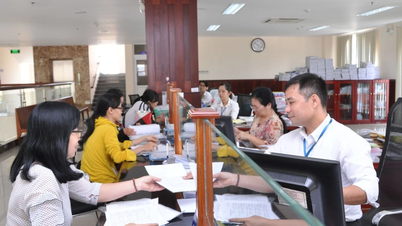

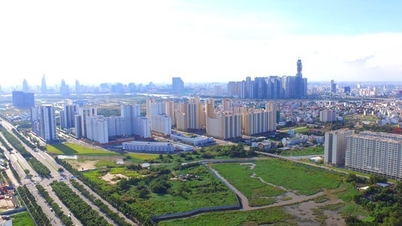
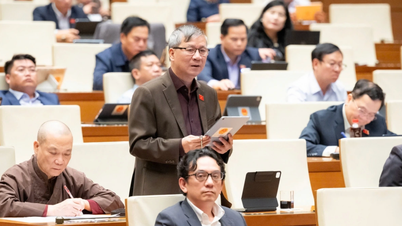

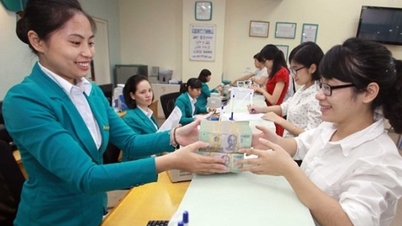








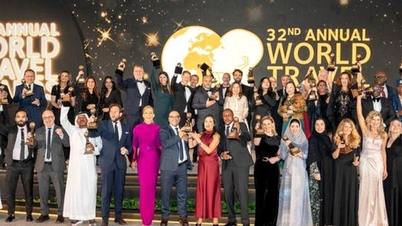
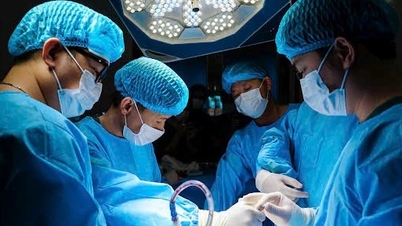



























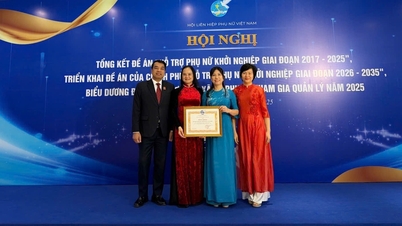
















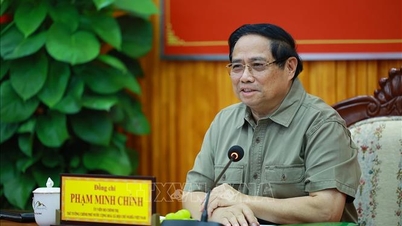

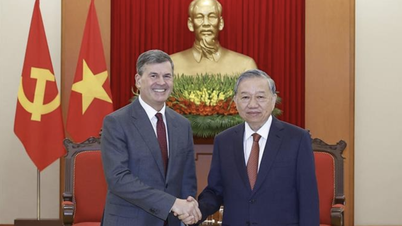


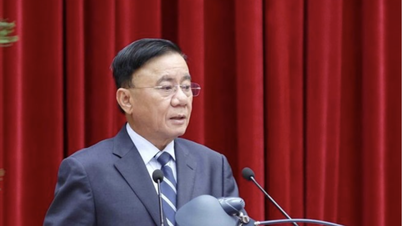
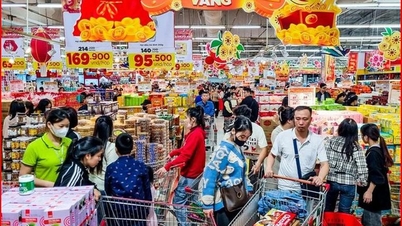

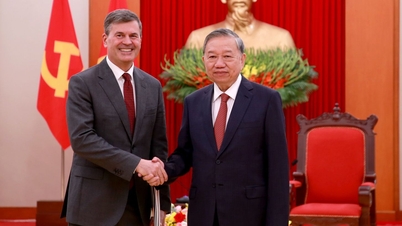






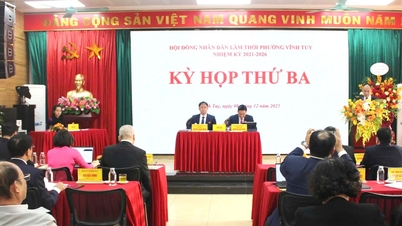
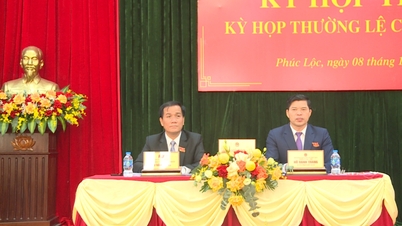




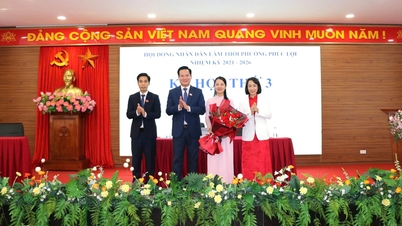
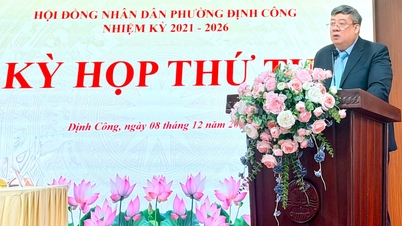











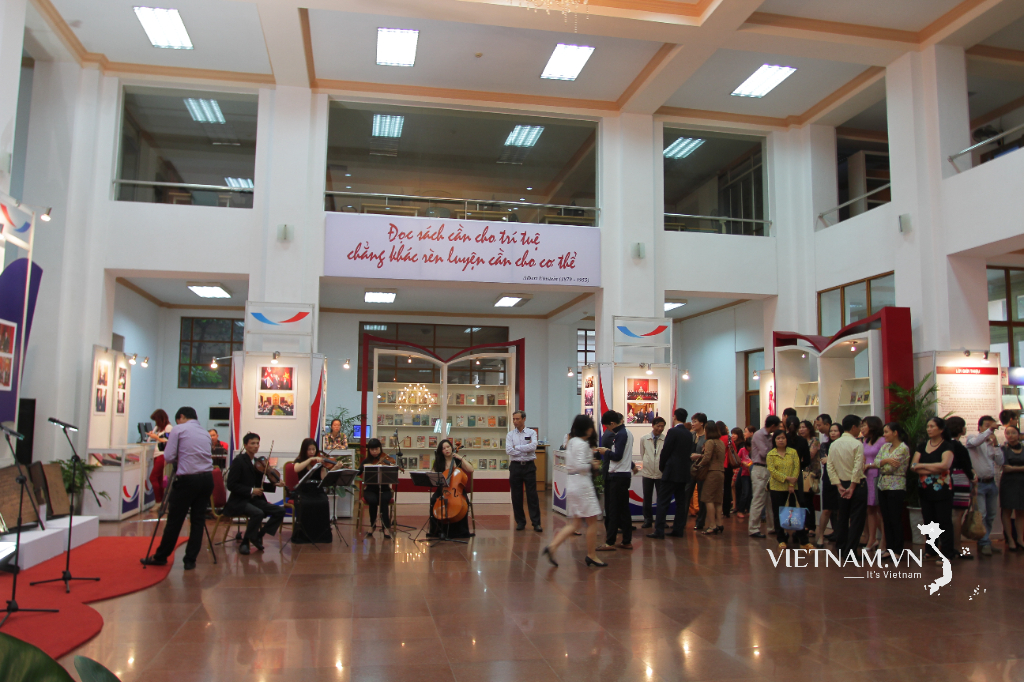




Comment (0)